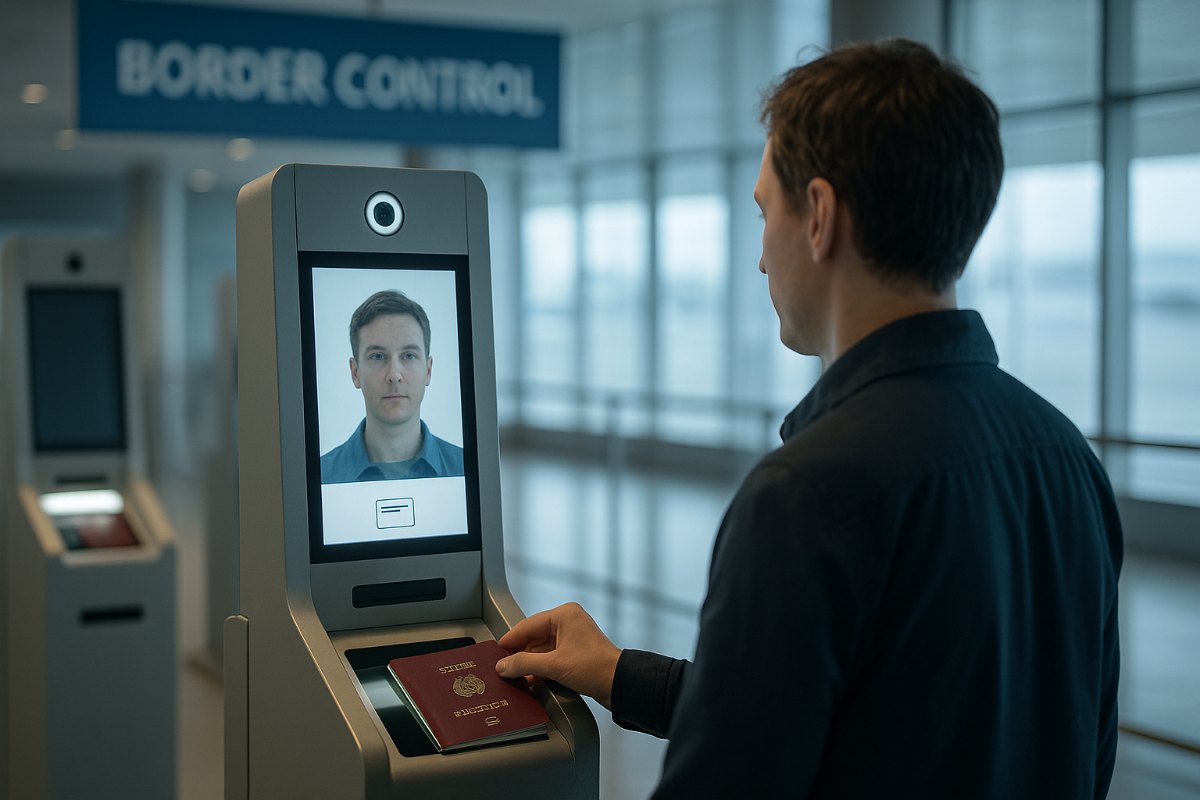London Underground services remain suspended for a fourth consecutive day as RMT union members continue strike action affecting all 11 main Tube lines. The industrial action has brought the capital's transport network to a standstill, forcing millions of commuters to seek alternative travel methods.
Mayor Sadiq Khan promised during his 2016 election campaign that there would be no Tube strikes under his mayoralty. The pledge has spectacularly collapsed as London faces yet another period of transport chaos, with the Mayor largely absent from public view during the crisis.
Khan's broken promise exposed
The current strike action highlights Khan's failure to deliver strike-free transport despite his explicit campaign commitment. Instead of reducing industrial action, Khan's tenure has witnessed the highest rates of strikes in Transport for London's history.
Under Khan's mayoralty, there have been 139 strike days compared to both his predecessors combined, according to City A.M. This represents nearly triple the number of strike days, demonstrating a significant deterioration in industrial relations at TfL.
Economic cost mounts
The Centre for Economic and Business Research estimates this week's strikes will cost the London economy £230 million in lost business. The financial impact extends beyond immediate disruption, affecting restaurants, shops, and businesses across the capital as workers struggle to reach their destinations.
According to Evening Standard, Lime e-bikes saw a 74% increase in trips during strike morning peak hours as desperate commuters sought alternative transport. Bus services face severe overcrowding, with lengthy queues forming at stops across the city.
Union demands remain unmet
The RMT union rejected TfL's offer of a 3.4% pay increase, with disputes centring on pay and working conditions. Union discussions about reduced working hours have been ongoing since 2018, according to Daily Star, highlighting the protracted nature of these negotiations.
The union continues to demand mayoral intervention to resolve the dispute, though Khan has remained largely invisible throughout the crisis. His absence during transport emergencies has become a recurring pattern, leaving deputy mayors and transport officials to handle public-facing responsibilities.
Future implications
The strike arithmetic presents Londoners with an impossible choice regardless of the outcome. Whether strikes are avoided through generous settlements or proceed with devastating economic impact, commuters face either higher fares or reduced investment in transport infrastructure.
These latest strikes are likely to make industrial relations a central issue in the 2028 mayoral election. Future candidates from all parties may adopt tougher stances against union demands, potentially reviving discussions about automation and driverless Tube operations to reduce dependency on strike-prone staff.
Sources used: "City A.M.", "MyLondon", "Daily Star", "Evening Standard" Note: This article has been edited with the help of Artificial Intelligence.








